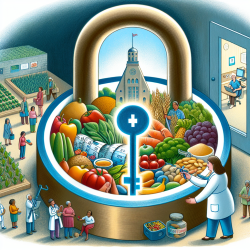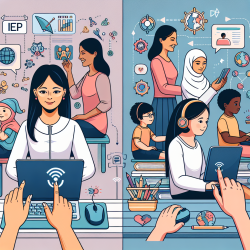Understanding the Connection Between Food Insecurity and Diabetes
Food insecurity is a pressing public health issue that affects millions globally, with severe implications for chronic health conditions like diabetes. A recent study, "Food Insecurity and Diabetes: The Role of Federally Qualified Health Centers as Pillars of Community Health," delves into the complex relationship between these issues and highlights the critical role that Federally Qualified Health Centers (FQHCs) play in addressing them.
The Vicious Cycle of Food Insecurity and Diabetes
Food insecurity often forces individuals to opt for cheaper, energy-dense foods over healthier, nutrient-rich options, exacerbating diabetes and its complications. This cycle is particularly prevalent among vulnerable populations, including African Americans, Hispanics, and Native Americans, who experience higher rates of both food insecurity and diabetes.
Role of Federally Qualified Health Centers (FQHCs)
FQHCs serve as vital community health pillars by providing comprehensive healthcare services to underserved populations. They address food insecurity by offering nutrition education, diabetes self-management training, and access to healthy foods. These centers are instrumental in breaking the cycle of food insecurity and improving diabetes outcomes.
Implementing Effective Strategies
- Screen for food insecurity using validated tools to identify at-risk patients.
- Collaborate with local food banks and community organizations to provide access to healthy foods.
- Integrate nutrition education and diabetes management support into healthcare services.
Encouraging Further Research and Action
Healthcare professionals are encouraged to delve deeper into the research on food insecurity and diabetes to better understand and address these interconnected issues. By advocating for policy changes and supporting community initiatives, practitioners can play a pivotal role in improving health outcomes for vulnerable populations.
To read the original research paper, please follow this link: Food Insecurity and Diabetes: The Role of Federally Qualified Health Centers as Pillars of Community Health.










